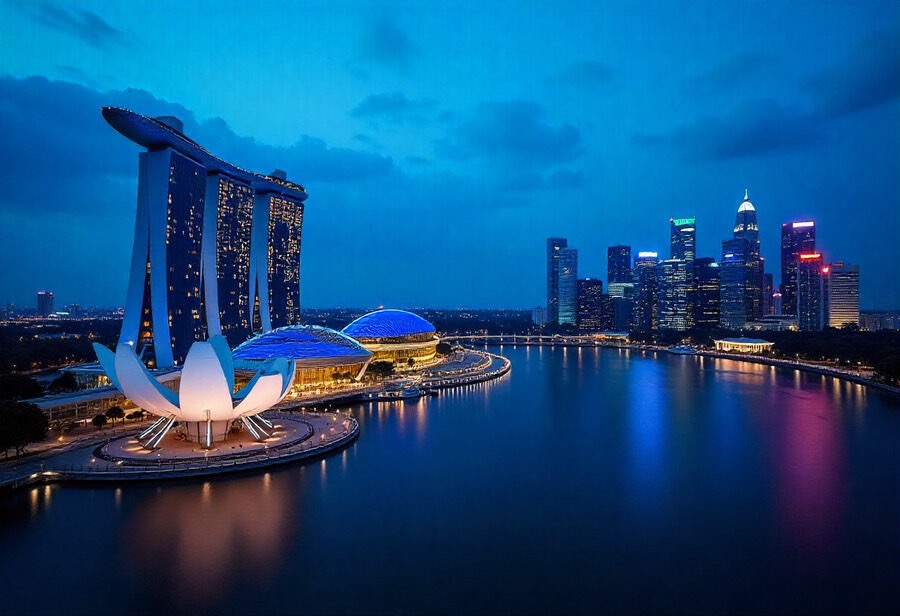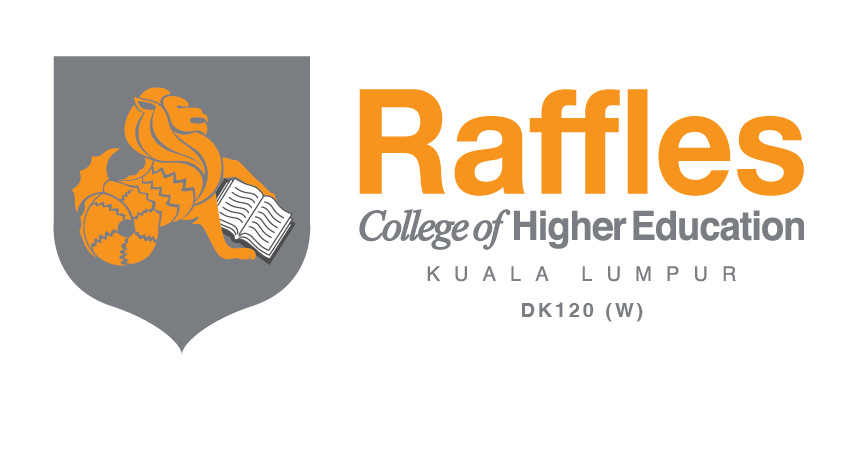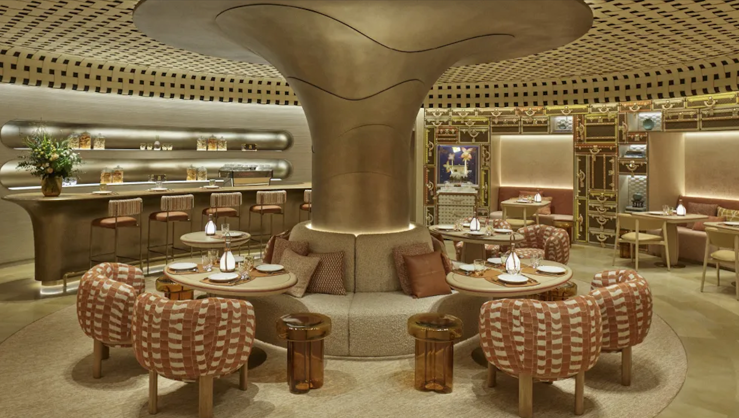As Travel and Tour World (2025) reported, the ASEAN Tourism 2025 initiative is the result of strategic collaboration among Singapore and other ASEAN countries, including Thailand, Malaysia, Vietnam, Indonesia, Cambodia, and Laos. This partnership, driven by the vision of our policymakers, aims to revolutionize the tourism industry through digital innovation, sustainability, and inclusive growth. The ultimate goal is to position Southeast Asia as a global leader in eco-friendly, tech-savvy tourism.

The New Era of Traveling in ASEAN
ASEAN countries are known for their rich cultures, beautiful landscapes, and diverse cuisines. But 2025 is a turning point when tourism becomes a single, tech-enabled ecosystem instead of separate national efforts. Singapore’s work with its neighbors shows how shared digital infrastructure, green standards, and the ability to move people around can make the region more competitive globally. The UN World Tourism Organization (2024) predicts that Southeast Asia’s tourism industry will grow by 8.3% annually. This is because more people are traveling digitally, destinations are being managed more sustainably, and policies are being integrated across borders. The partnership fits with ASEAN’s Tourism Strategic Plan 2025, which stresses innovative tourism systems, environmental protection, and welcoming everyone.
Travel’s Digital Change
Digital innovation is the primary driver of change in ASEAN’s tourism, from AI-powered trip planning to blockchain-based guest verification. Singapore and Thailand are the first countries to implement contactless border processing and virtual tourism expenses. Indonesia and Vietnam are investing in digital marketing ecosystems to build long-lasting tourist destinations. These technologies make travel easier for travelers and help hotels and tourism boards make data-driven decisions. They can use these technologies to predict demand, tailor services, and reduce waste. For instance, the Marina Bay area in Singapore and the Langkawi Green Resort in Malaysia both have innovative hospitality systems that use AI-powered guest management platforms and energy-efficient technologies to make their businesses more sustainable and profitable.
The Future of Hospitality: Sustainability
Sustastruggled as it went from declining to something producers could choose to do to something they have to do. The ASEAN initiative prioritizes eco-friendly tourism infrastructure. This includes hotels powered by solar energy, resorts that don’t create waste, and integrating with local communities. For example, Vietnam’s Hoi An is now known for its circular tourism model, in which local crafts, food production, and transportation systems all work together to create a closed loop. This change, which focuses on the environment, not only protects heritage and biodiversity but also changes the meaning of hospitality to caring for both people and the planet.
Tourism as a Way to Share Culture and Grow
The ASEAN initiative is not just about economic growth; it’s also about fostering a shared identity and promoting growth for all stakeholders. By strengthening cultural connections and leveraging tourism as a diplomatic tool, the initiative creates opportunities for joint festivals, educational exchanges, and cross-border events. This not only boosts the region’s tourism industry but also enhances its cultural richness and global influence. Creative tourism projects are emerging in Indonesia, blending traditional arts, local businesses, and innovative marketing. Meanwhile, Cambodia and Laos are developing inclusive tourism programs for digital nomads and eco-travelers. These initiatives not only attract visitors but also demonstrate the power of regional collaboration in the global travel industry, fostering a sense of unity and shared purpose.
Making the Future: Education and Professional Excellence
The burgeoning tourism industry in ASEAN underscores the critical need for skilled professionals who can effectively manage innovation, sustainability, and customer service. Our Tourism and Hospitality Management program at Raffles Jakarta is designed to prepare students for this evolving landscape, instilling in them the confidence and competence to succeed. Our Tourism and Hospitality Management program at Raffles Jakarta equips students with a comprehensive set of skills and knowledge necessary for successful careers in the tourism industry.
Students learn about hotel, restaurant, event, and tourist attraction management, as well as tourism management. The curriculum emphasizes strategic thinking, global standards, and practical application, ensuring that graduates are well-prepared to excel in one of the world’s most dynamic and rapidly growing industries. The Tourism and Hospitality Management program will equip students with the skills and knowledge needed to thrive in this dynamic, rapidly growing field. With abundant job opportunities and promising growth prospects in ASEAN and beyond, the future of the tourism industry is indeed bright.
References
- Travel and Tour World. (2025, October 23). Singapore Unites With Thailand, Malaysia, Vietnam, Indonesia, Cambodia, And Laos In Transforming ASEAN Tourism Landscape With Explosive Growth, Digital Innovation, And Eco-Friendly Development In 2025. Retrieved from https://www.travelandtourworld.com/news/article/singapore-unites-with-thailand-malaysia-vietnam-indonesia-cambodia-and-laos-in-transforming-asean-tourism-landscape-with-explosive-growth-digital-innovation-and-eco-friendly-development-in-2025/#google_vignette
- United Nations World Tourism Organization (UNWTO). (2024). Southeast Asia Tourism Outlook 2024–2026. Madrid: UNWTO.
- ASEAN Secretariat. (2024). ASEAN Tourism Strategic Plan 2025. Jakarta: ASEAN.
- World Economic Forum. (2024). Travel and Tourism Competitiveness Report.
- Statista. (2025). ASEAN Tourism Growth and Employment Forecast 2025–2030.
- World Bank. (2024). Tourism and Sustainability in Emerging Economies: ASEAN Focus.







